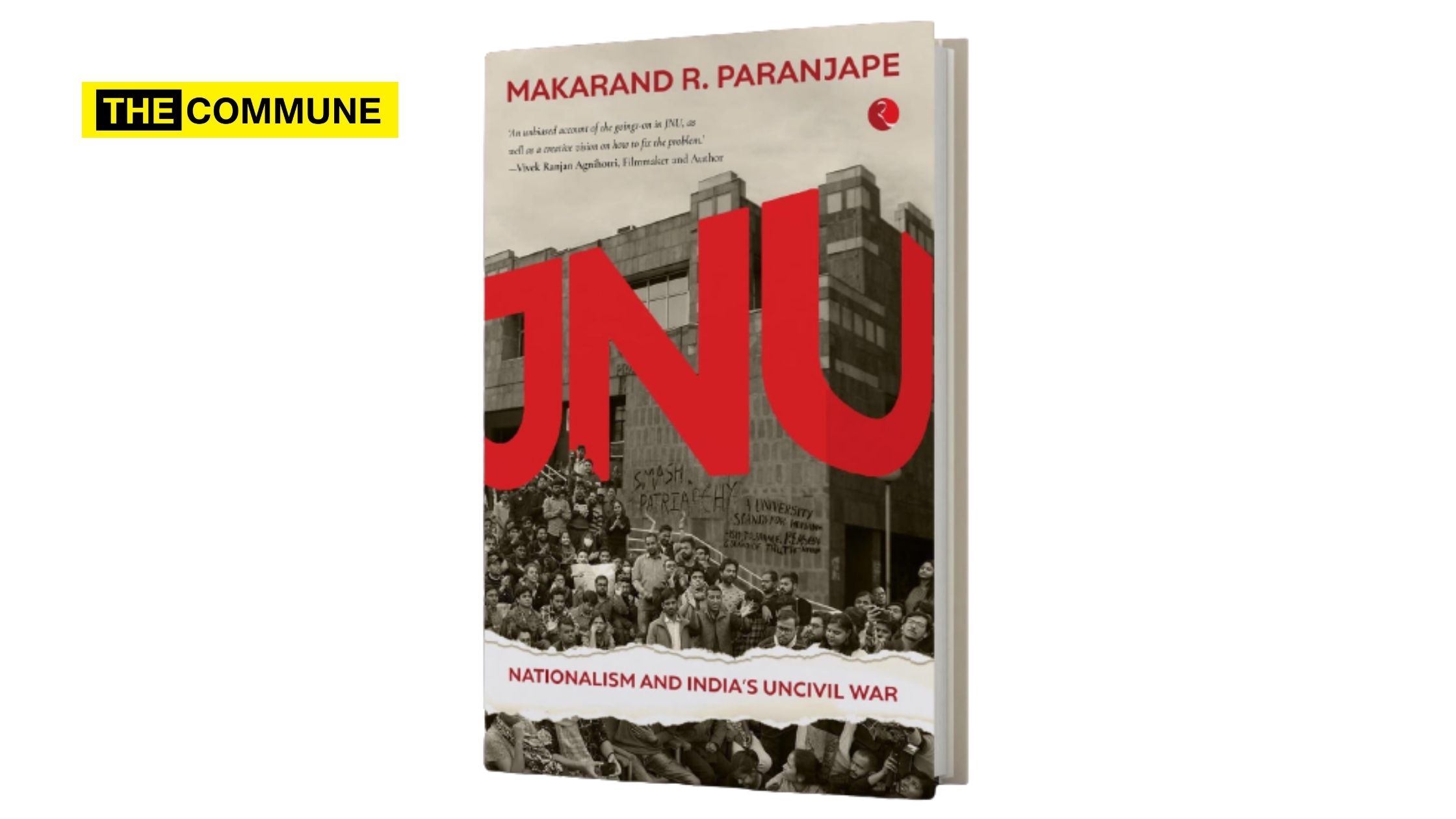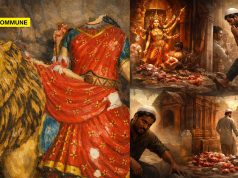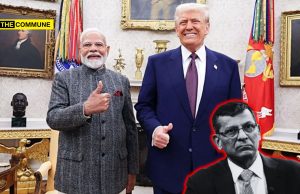
The book, JNU, Nationalism And India’s Uncivil War written by poet and author professor Makarand R. Paranjape tells the story of the author’s steely determination to overcome institutionalised intolerance of the leftists who long dominated this edifice of higher learning.
Professor Paranjape in order to give context to what had transpired in 2016, for his book goes back and forth in his academic career and at the same time, he also delves into the history of Indian nationalism and some interesting facets of Communism in India and sheds unbiased light into the infamous “Tukde Tukde” incident that shook the entire nation and stood alone and firm against an ugly tride of his academic peers and students baying for blood.
This book could not have been published at a better time by Makarand Paranjape who is one of India’s leading intellectuals and as it happens this book was almost prevented from publishing because he refused to be politically correct. It is fair to say that the author survived in a very physically inhospitable environment and just as legend has it Shiva protected Markandeya from the clutches of death and in this case very angry illiberals.
However, Paranjape is not resentful against the very people who tried to discredit him by stifling his right to freedom of expression through enforced dissent or coerced content for being a contrarian, instead suggests ways to invigorate and energize JNU to become one of the worlds leading centers for higher learning and research.
However, that might take time because the JNU which is supposed to be the center for debates, discussions, inclusion, and equality is still an Orwellian nightmare where the very concept of objective truth was fading out of the world, and lies were passed into history along with the freedom to tell people what they do not want to hear.
When one would read this book, the left-liberals will most certainly be dismayed but some in the right-wing may also not find some of the things written in this book palatable. Paranjape in this book is equally concerned about the “real dangers in the rightwing upsurge in our societies and at the same time the excessive preoccupation of the left-liberal intellectual establishment blind to other forms of intolerance and totalitarianism, including liberal and Islamic fanaticism (page 6).
Also, for decades, the left has been prejudicial in the name of political correctness with their selective outrage that forces us to question their intentions, but also their competence and ethics. Liberalism the world over has failed because of one deadly disease – hypocrisy, which is just the polite form of falsehood (page 7).
He goes on to write that “many liberals lack the integrity to admit that they are compromised in supporting illiberal causes such as the burqa and triple talaq because liberals have themselves have betrayed it (page 8).
However, as much as I enjoyed reading this book, I must disagree with the author when it comes to calling Veer Savarkar, M S Golwalkar, Deen Dayal Upadhyaya, and Shyma Prasad Mukherjee right-wing thinkers. Just as professor Paranjape supports discussion and dissent without violence, I would like to say that the above-mentioned luminaries were civilizational thinkers.
I would like to argue, though trivial it may be, the likes of Savarkar and Mukherjee knew our history very well and as professor Paranjape writes in his book, for a long time, India was conquered by foreign powers, “with little resistance or spine. They understood that India as you mention in your book was a weak, divided country, with a fragmented society, internally contradicted polity, contradicted history, and confused identity (page 260). These men wanted to change that build India a spine so she could stand tall and rebuild Bharat as strong cultural and political power.
Also, I would like to thank you for making us understand the difference between Aazadi and Swarajya and why it is so important to understand the latter. Swaraj is about a highly responsible, highly evolved social arrangement, wherein, Aazadi is nothing but freedom from slavery, and it is very important to understand this difference because Aazadi is just freedom but Swarjya is about commitment to oneself and to others (page 99).
In conclusion, professor Makarand Paranjape is an academician who wants to change the discourse in our universities where one can have a healthy dialogue despite the tall shadow of political correctness that has crippled the intellectual climate in India.
JNU, Nationalism And India’s Uncivil War is one of the must-read books of our time, particularly for students who want to enter the world of academia that teaches a culture of democracy and not politics with the restoration of civil disagreements.
To end this article, I quote a line that has been written in the prologue of this book, ” In JNU, academics rather than politics constitute the primary purpose of the university,” and the time has come to end it.
Excerpts from the book have been slightly paraphrased.
This article was originally published in Samvada World and has been republished here with permission.
Click here to subscribe to The Commune on Telegram and get the best stories of the day delivered to you personally.




